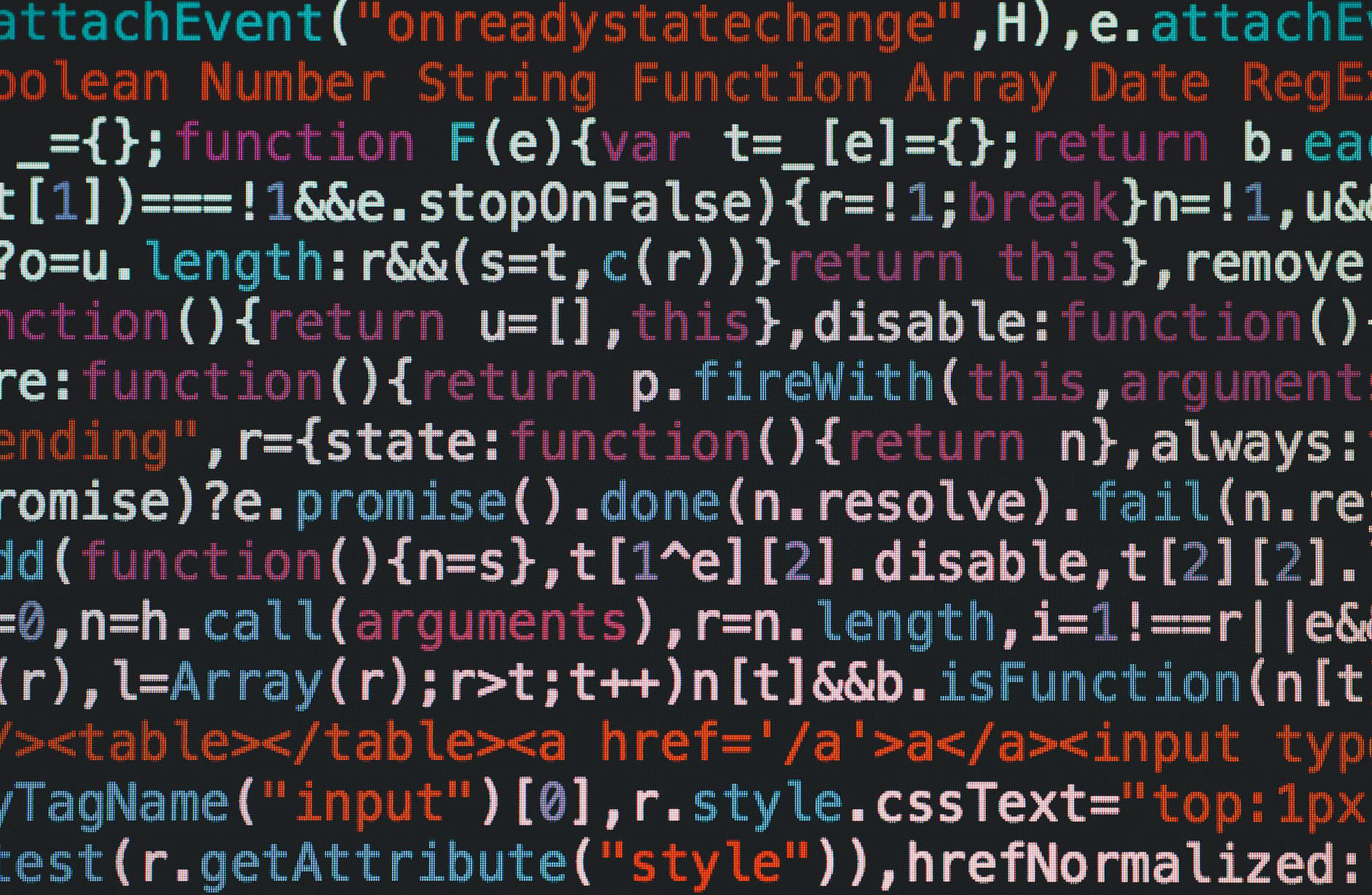Generative AI is no longer a futuristic fantasy; it’s rapidly transforming how we create, interact, and even think. From crafting captivating images to composing emotional music, these algorithms are pushing the boundaries of possibility. But with great potential comes great responsibility, and the questions surrounding generative AI are just as fascinating as its capabilities. Here, we delve into 20 key topics that ignite discussions and define the future of this groundbreaking technology:
1. Algorithmic Bias and Fairness: Can we ensure generative models remain impartial and avoid perpetuating harmful stereotypes? This ongoing debate tackles the impact of biased training data and explores methods for ethical AI development.
2. Human-AI Collaboration: How can we leverage the strengths of both humans and AI to achieve superior creative outcomes? This topic investigates the synergy between human intuition and AI’s vast processing power, exploring collaborative tools and workflows.
3. Ownership and Copyright in AI-Generated Works: Who owns the creative rights to art, music, or text produced by AI? This complex legal conundrum explores ethical ownership, copyright implications, and the future of intellectual property in an AI-driven world.
4. Explainability and Transparency: How do generative models arrive at their outputs? Demystifying the “black box” of AI decision-making is crucial for building trust and understanding the creative process.
5. Accessibility and Democratization of Creativity: Can generative AI tools empower anyone to become a creator, regardless of skill level? This topic examines the potential for inclusive and accessible creativity tools, breaking down barriers to artistic expression.
6. The Future of Education and Learning: How can generative AI personalize learning experiences and adapt to individual needs? This exciting area explores AI-powered tutors, interactive simulations, and dynamic learning environments.
7. Societal Impact and the Rise of Deepfakes: What are the potential risks and benefits of manipulating reality with deepfakes? This critical discussion explores the ethical implications of misinformation, propaganda, and the need for fact-checking mechanisms.
8. Generative AI in Science and Drug Discovery: Can AI accelerate scientific breakthroughs and discover new drugs? This promising field investigates AI-powered simulations, protein folding, and personalized medicine.
9. Beyond Human Limits: Can AI Foster New Artistic Styles and Genres? This thought-provoking exploration examines the potential for AI to push creative boundaries beyond what humans can imagine, leading to entirely new forms of art and expression.
10. Environmental Sustainability in AI Development: How can we minimize the carbon footprint of training and running massive generative models? This important topic explores environmentally conscious AI development practices and resource optimization.
11. The Evolving Role of Artists and Writers: How will generative AI tools impact the creative professions? This multifaceted discussion explores the potential for collaboration, augmentation, and the evolving skillsets needed for artists and writers in the AI era.
12. The Intersection of AI and Neuroscience: Can AI models shed light on how the human brain processes creativity? This intriguing field explores the potential for AI to inform our understanding of human cognition and artistic inspiration.
13. The Philosophy of Creativity: What defines human creativity, and can AI truly be considered creative? This philosophical inquiry delves into the essence of creativity, consciousness, and the nature of AI-generated outputs.
14. The Psychology of Human-AI Interaction: How does interacting with generative AI tools influence our perception of reality and sense of identity? This psychological exploration examines the potential impact on human behavior and cognition.
15. The Ethics of Personalization: How far should we go in tailoring generative outputs to individual preferences? This discussion examines the line between personalization and privacy concerns, ensuring responsible and ethical use of AI.
16. The Business of Generative AI: What are the commercial opportunities and challenges in this emerging field? This economic analysis explores market trends, business models, and the potential for disruptive innovation.
17. The Regulation of Generative AI: How should we regulate the development and use of this powerful technology? This legal and ethical discussion explores potential frameworks for responsible AI development and deployment.
18. The Global Landscape of Generative AI: How are different countries and regions approaching the development and use of generative AI? This analysis examines the global landscape, comparing regulatory frameworks, cultural influences, and ethical considerations.
19. The Future of Work and AI-Generated Content: How will generative AI impact jobs in creative industries and beyond? This critical discussion explores the potential for workforce disruption, skills adaptation, and the need for a just transition in the AI era.
20. The Long-Term Vision: Where is Generative AI taking us? This concluding topic looks toward the future, exploring the potential of AI to redefine creativity, reshape society, and even unlock new avenues for human understanding.
This journey through 20 burning topics demonstrates that generative AI is more than just a technological marvel; it’s a catalyst for cultural, societal, and even philosophical change. By engaging in meaningful discussions, collaborating across disciplines, and prioritizing ethical development, we can ensure that generative AI shapes a future filled with wonder, innovation, and shared prosperity.
Remember, this is just a starting point. Let’s keep the conversation going! Share your thoughts on these topics, add your own burning questions, and join the exploration of the exciting future of generative AI.
